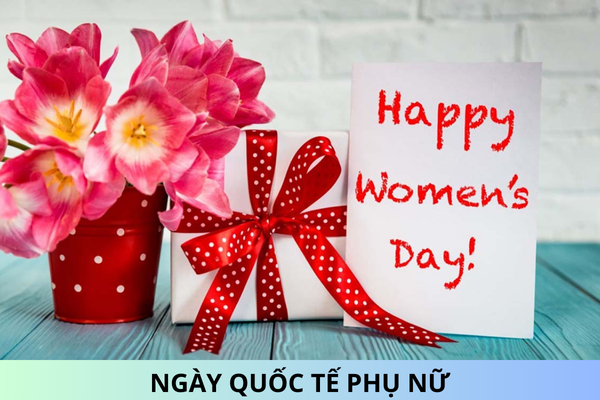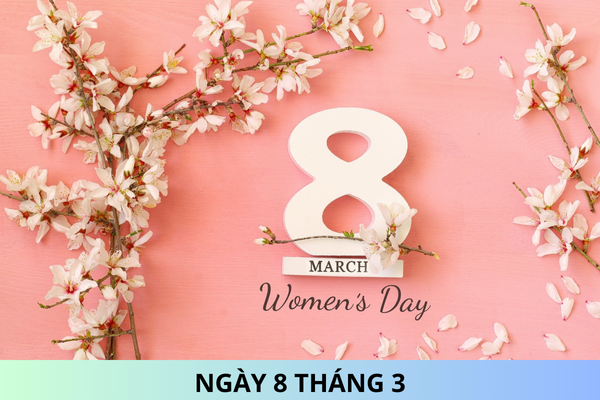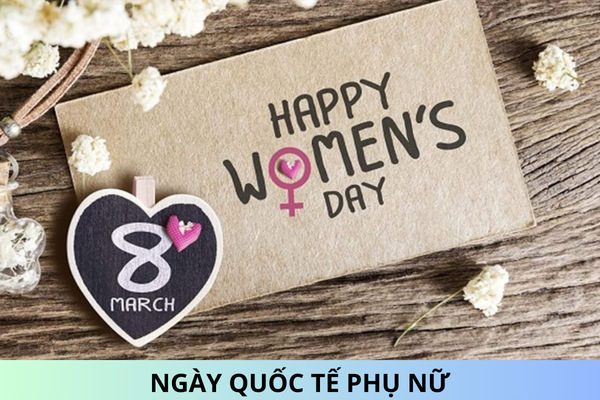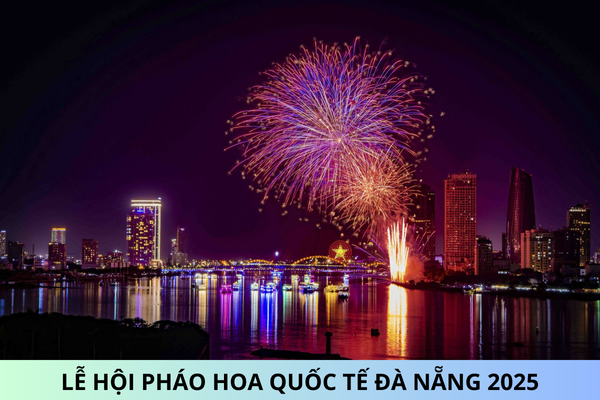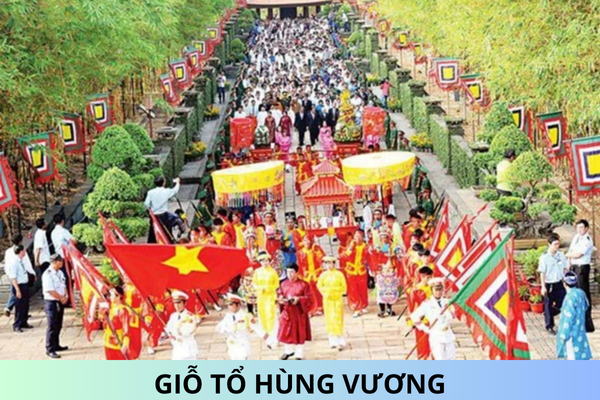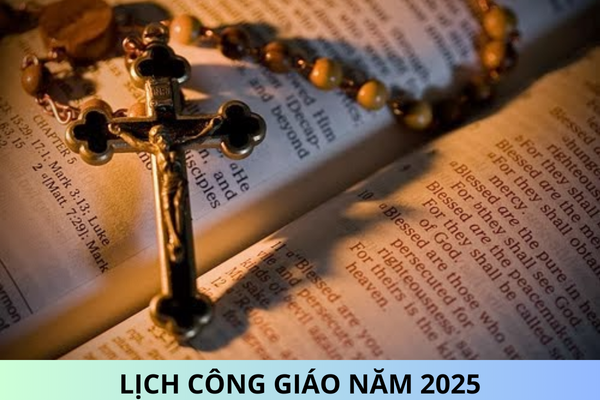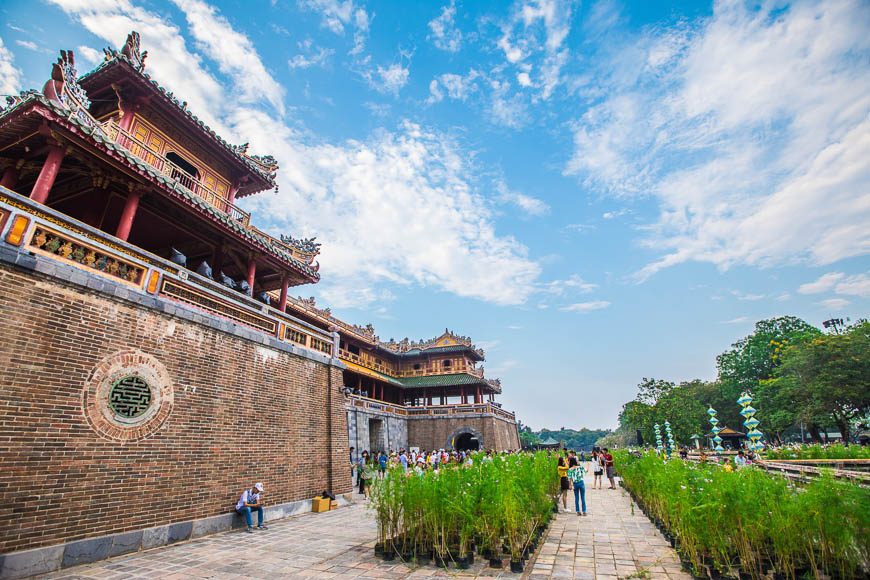How many UNESCO World Heritage sites does Vietnam have?
How many UNESCO World Heritage sites does Vietnam have? What are prohibited acts regarding cultural heritage in Vietnam? What are rights and obligations organizations and individuals regarding cultural heritage in Vietnam?
How many UNESCO World Heritage sites does Vietnam have?
In addition to 3 UNESCO World Natural Heritage sites, Vietnam has 15 UNESCO-recognized World Cultural Heritage sites and 4 UNESCO Memory of the World Documentary Heritage sites.
[1] World Heritage Sites:
- Complex of Hué Monuments (recognized in 1993)
- Hoi An Ancient Town (recognized in 1999)
- My Son Sanctuary (recognized in 1999)
- Central Sector of the Imperial Citadel of Thang Long - Hanoi (recognized in 2010)
- Citadel of the Ho Dynasty (recognized in 2011)
- Phong Nha - Ke Bang National Park (recognized in 2003, re-recognized in 2015)
- Ha Long Bay (recognized in 1994, re-recognized in 2000 and 2011)
- Trang An Landscape Complex (recognized in 2014)
[2] Intangible Cultural Heritage:
Vietnam has 15 elements of Intangible Cultural Heritage recognized by UNESCO, including:
- Bai Choi Performing Arts in Central Vietnam (recognized in 2017)
- Nha nhac, Vietnamese Court Music (recognized in 2003)
- Central Highlands Gong Culture (recognized in 2005)
- Quan ho Bac Ninh Folk Songs (recognized in 2010)
- Ca tru Singing (recognized in 2009)
- Giong Festival in Phu Dong and Soc Temples (recognized in 2010)
- Worship of Hung Kings in Phu Tho (recognized in 2012)
- Art of Don ca tai tu Music and Song in Southern Vietnam (recognized in 2013)
- Vi-Giam Singing of Nghe Tinh (recognized in 2014)
- Tugging Rituals and Games (recognized in 2015)
- Practices related to the Viet beliefs in the Mother Goddesses of Three Realms (recognized in 2016)
- Xoan Singing of Phu Tho (recognized in 2011)
- Practices of Then by Tay, Nung and Thai ethnic minorities (recognized in 2019)
- Thai Xoe Dance (recognized in 2021)
- Cham Pottery Craftsmanship (recognized in 2022)
[3] Documentary Heritage:
- Woodblocks of the Nguyen Dynasty (recognized in 2009)
- Steles at Van Mieu - Quoc Tu Giam (The Imperial Academy) (recognized in 2011)
- Nguyen Dynasty's Royal Administrative Documents (recognized in 2017)
- Woodblocks of Vinh Nghiem Pagoda (recognized in 2012)
- Poetry on Hue's Citadel Architectural Works (recognized in 2016)
- Woodblocks of Phuc Giang Scholastic Institution (recognized in 2016)
- Hoang Hoa Su Trinh Do (Records of Envoy Journeys to China) (recognized in 2018)
- Ma nhai Stele at the Ngu Hanh Son Landscape (recognized in 2022)
- Nom Manuscripts of Truong Luu Village, Ha Tinh (1689-1943) (recognized in 2022)
How many UNESCO World Heritage sites does Vietnam have? - image from the internet
What are prohibited acts regarding cultural heritage in Vietnam?
Pursuant to Article 13 of the Law on Cultural Heritage in 2001 (amended by Clause 3 Article 1 of the Law on amendments to the Law on Cultural Heritage in 2009) stipulating prohibited acts regarding cultural heritage in Vietnam:
- Appropriating or improperly altering historical-cultural relics, spots of beauty or scenic places.
- Ruining or posing a danger of ruining cultural heritages;
- Conducting illegal excavations at archaeological sites or illegal construction, encroaching upon the land within historical-cultural relics, famous landscapes and beauty spots;
- Illegally trading, exchanging or transporting vestiges, antiques or national precious objects pertaining to historical-cultural relics, spots of beauty or scenic places, or vestiges, antiques or national precious objects of illegal origin;
- Illegally carrying abroad vestiges, antiques or national precious objects.
- Taking advantage of the protection and promotion of the values of cultural heritages to seek illicit profits, carry out superstitious activities or commit other illegal acts.
What are rights and obligations organizations and individuals regarding cultural heritage in Vietnam?
Pursuant to Article 14 of the Law on Cultural Heritage in 2001 stipulating rights and obligations organizations and individuals regarding cultural heritage in Vietnam:
Article 14.
Organizations and individuals shall have the following rights and obligations:
1. To lawfully own cultural heritages;
2. To visit and study cultural heritages;
3. To respect, protect and promote the values of cultural heritages;
4. To promptly notify places where vestiges, antiques, national precious objects, historical-cultural relics, famous landscapes and beauty spots are discovered; and hand over vestiges, antiques, national precious objects found by themselves to the nearest competent State agencies;
5. To prevent or request the competent State bodies to prevent or promptly handle acts of undermining, appropriating or illegally using cultural heritages.
As regulated above, organizations and individuals shall have the following rights and obligations regarding cultural heritage in Vietnam:
[1] To lawfully own cultural heritages;
[2] To visit and study cultural heritages;
[3] To respect, protect and promote the values of cultural heritages;
[4] To promptly notify places where vestiges, antiques, national precious objects, historical-cultural relics, famous landscapes and beauty spots are discovered; and hand over vestiges, antiques, national precious objects found by themselves to the nearest competent State agencies;
[5] To prevent or request the competent State bodies to prevent or promptly handle acts of undermining, appropriating or illegally using cultural heritages.
Best regards!
